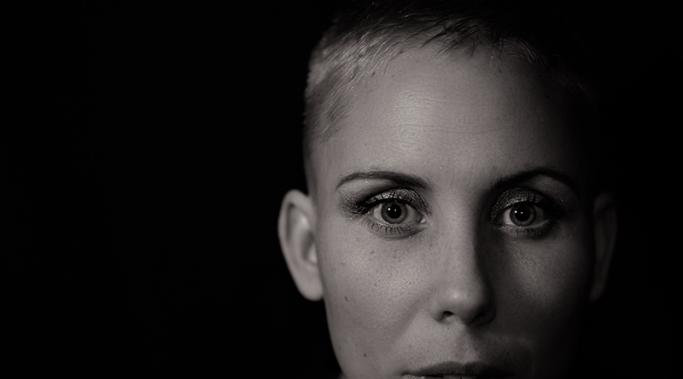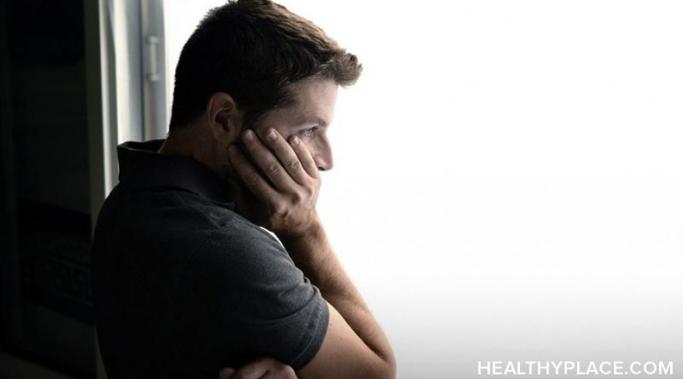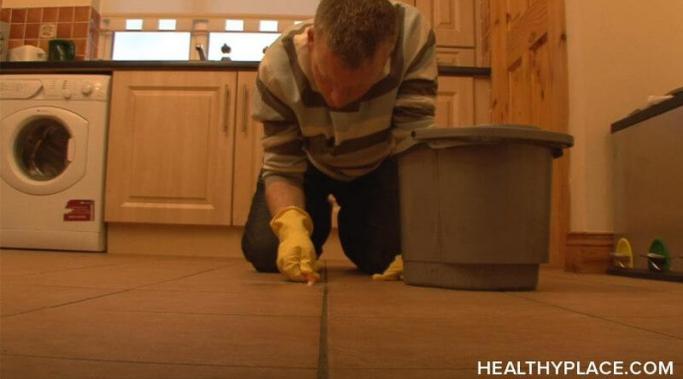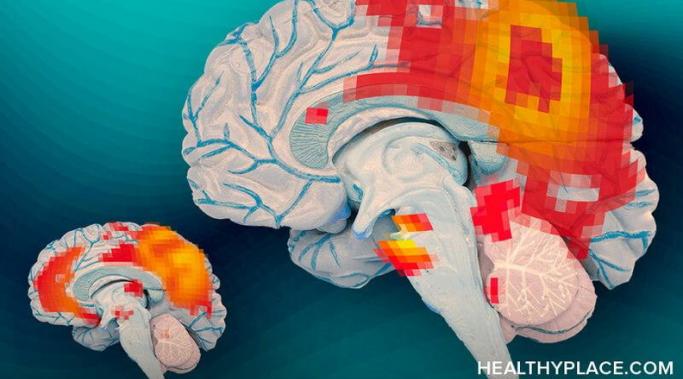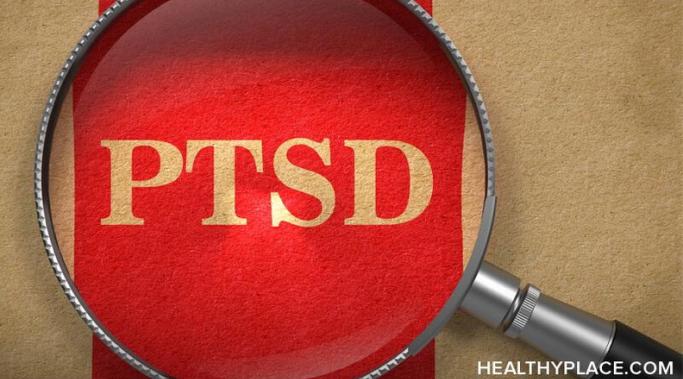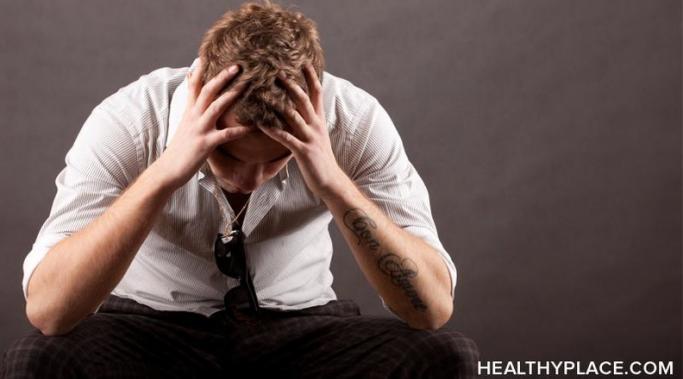Eye Movement Desensitization and Reprocessing (EMDR) therapy is primarily used as a treatment for PTSD. Discovered and developed by Francine Shapiro, Ph.D., EMDR uses eye movements, taps or tones to reprogram trauma victims' thinking. The end result can be relatively fast relief of PTSD symptoms, including the re-experiencing of the trauma and other symptoms resulting from horrific events like rape or combat. EMDR also helps with "little t" traumas having to do with beliefs about ourselves formed during childhood and other mental health disorders.
Anxiety Panic – TV Show Blog
Those who suffer from agoraphobia alone or panic disorder with agoraphobia know too well the debilitating symptoms associated with this anxiety disorder. Agoraphobics live under a constant state of dread as though there is something "fundamentally wrong with the universe and stepping out the door will invite the wrongness in," says our guest, Kelly Brumbelow.
Agoraphobia forces sufferers to avoid panic attack triggers related to people, places and things. Over time and without treatment, the triggers can become quite extensive until the agoraphobic's movements are limited to only a few safe places.
Anxiety and worry are a part of life. Properly functioning anxiety helps us find our courage and overcome limitations. But sometimes, anxiety becomes dysfunctional and leads us down a road toward debilitating, circular thoughts and constant preoccupation with past or possible life events (read about anxiety attacks and anxiety attack symptoms). To top it off, when you discover that your anxiety is out of control, you may also feel anxious about your anxiety.
Kate White writes about what living with anxiety is like. Natasha Tracy shares her experiences with bipolar disorder. New HealthyPlace blogger Jack Smith writes about life with depression. And last year Rachel McCarthy James joined us on the HealthyPlace Mental Health TV Show to discuss what living with OCD is like for her. But Craig Ludvigsen can tell us what it's like to have all of those disorders. It's called psychiatric comorbidity - the presence of more than one mental illness in one individual at the same time - and it can be incapacitating.
My son struggles with moderate anxiety from time to time. In turn, I struggle with knowing how best to help him. After speaking with Susan Resko, former Executive Director of The Balanced Mind Foundation, I feel renewed gratitude for my comparatively much smaller-scale parenting struggles. Families raising children with mood disorders have a daunting task, but there is help available.
Sometimes PTSD is pretty cut and dry. There are obvious causes like combat, a plane wreck or car crash. Experiences like rape or witnessing death can also be causes that are well-known. What happens when you have the symptoms but cannot recall an event that may have triggered it? Our guest, Dan Hays, tells us on this episode of the HealthyPlace Mental Health TV Show.
Living with a chronic, serious, or terminal illness is tough. It is life altering and with it often comes a lot of emotional stress. Issues like depression, anxiety, isolation and helplessness are common to experience. Our guest, Dr. Ann Becker-Schutte, joins us to discuss helping those affected by chronic and serious illness to live a balanced life.
Traumatic experience of many kinds, as well as repeated exposure to trauma, can lead to PTSD. Our guest, Michele Rosenthal, experienced a very traumatic event at the age of 13 and lived 24 years before a diagnosis with PTSD helped her to heal.
Many years ago, I took a prescription drug that had an intolerable side-effect: severe anxiety. I couldn't sit still. I couldn't concentrate. I felt like I was coming out of my skin. After about six weeks I couldn't stand it anymore and my doctor prescribed a different drug. Though I live with chronic, problematic anxiety, it rarely rises to the level of what I experienced while on that drug. I wonder about people who struggle all the time with such severe anxiety and panic attacks. I wouldn't have been able to function if I'd had to keep taking that drug. How do other people cope with debilitating anxiety disorders?
When my son was born in 1998, I was warned at the hospital that my hormones were fluctuating, and I might therefore experience some sadness over the following several days. But I fought for over a year to regain some sense of emotional stability. Already a hyper-vigilant person, my anxiety and panic became intolerable. Depression drained me completely.
